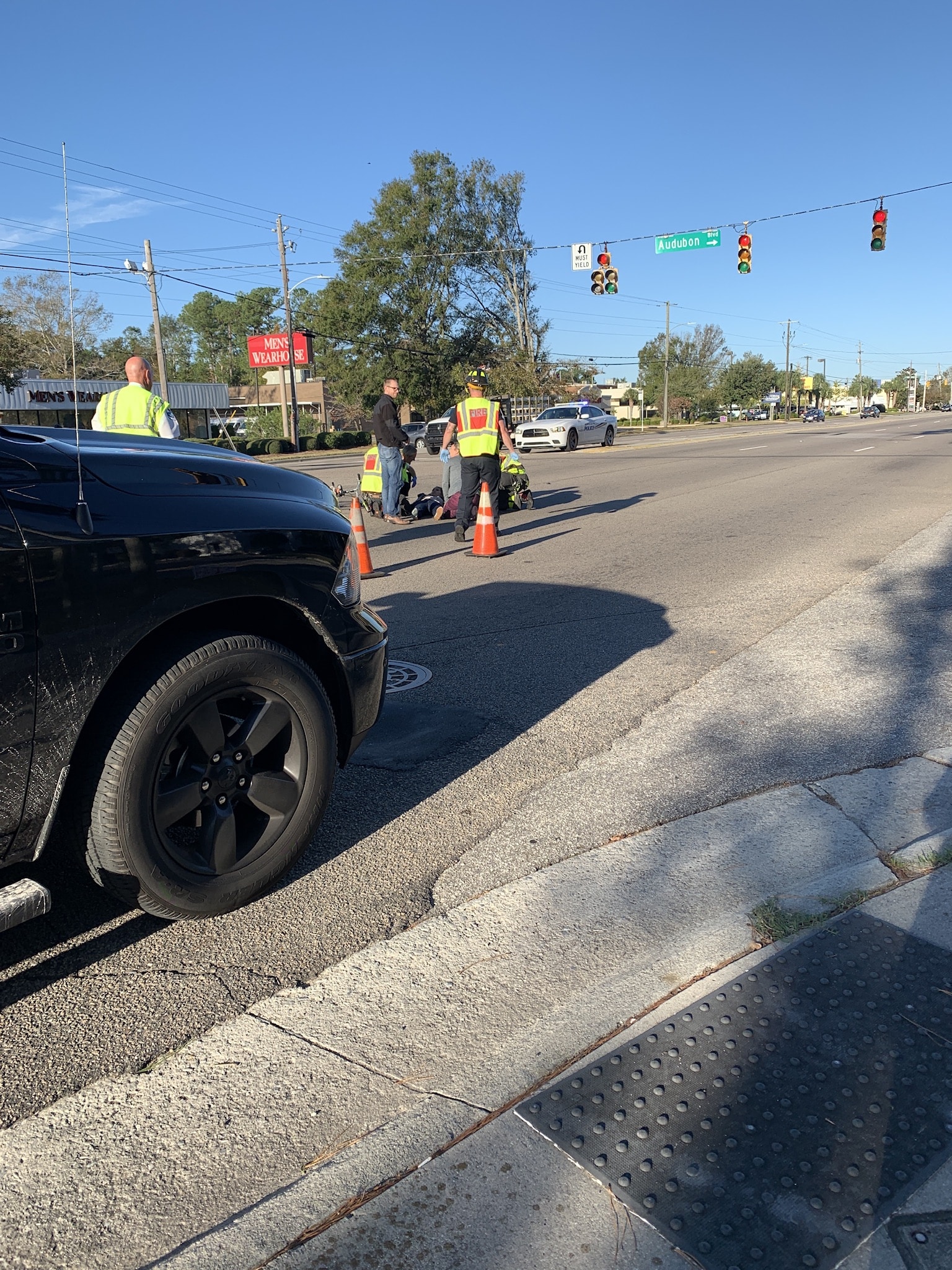Over forty years ago, in the United States, Wisconsin led the way in introducing the three-foot law. Recently, Bike Law reported that Wyoming joined the 25 other States that have similar legislation. I am pleased to say that on June 2nd, Ontario finally passed the “One Meter Passing Law” (or for our southern, metrically challenged friends, the “three-foot passing law”). Where practical, a driver must give at least one meter of space when passing a cyclist. Ontario now joins Nova Scotia as the only other province in Canada to adopt such a law.
When I reflect on how this law came about, I always think back to the late Dugald Christie. In the summer of 1998, Dugald hopped on his bike at Vancouver Harbour and began to ride across our country toward Ottawa. A lawyer by trade, Dugald was en route to the nation’s capital to burn his robes in front of the Supreme Court. He had worn those robes for thirty years. He had realized that the poorest of his clients simply were not getting a fair shake in our legal system. Dugald’s ride was one of protest and awareness: A heroic journey by a heroic man. He burned his robes. He opened up his pro bono clinics. On June 31, 2006, he was struck down by a car, dragged along a highway in northern Ontario, and tragically killed.
The driver was initially charged, but the police later withdrew the charges. Finding the result unjust, the family looked toward the civil courts. Although I was successful in proving liability and obtaining an award for the family, no amount of compensation could ever restore the loss of this loving father and truly remarkable man.
During the case, I was presented with Dugald’s book A Journey into Justice. It is an inspirational piece for anyone who loves bikes, justice and civil protest. The book also contained Dugald’s reflection about what our roads were like for cyclists. When I read the passage about Ontario, I was not only embarrassed but hauntingly shocked at his foresight. He wrote: “Most disconcerting of all were reports I received from cyclists traveling west that highway shoulders in Ontario were hopelessly inadequate.”
Dugald made a further disturbing statement in his book: “Then there was the way Ontario drivers treat bicycles. It was apparently quite acceptable to completely ignore the existence of bicyclists.”
Dugald’s death, and that of 128 other cyclists between 2006 and 2010 led me and Albert Koehl to form a coalition of grass roots cycling groups to demand a whole scale review to stop the carnage. In 2012, the Review was completed and a demand was made that the government move forward with 14 recommendations to save lives. Number 12 on the list was the One Meter Passing Rule.
Two days ago, the Ontario Government passed this into law. A sincere thank you to the government , Albert, Martin, Jared, Eleanor, Gil, Amanda, Yvonne, Heather, Wayne, Marie, Nick, Nancy, Derek, Herb, Hamish and all the fantastic people in your respective organizations who fight every day for change. This is one of many changes you have made happen.
Common sense, patience and one meter will go a long way to saving lives.
I am not sure if the new law would have saved Dugald’s life, but I do know that if it had been obeyed, he would be alive today. This law is not the sole answer to the issue of bike safety, but it is one step in the right direction.

Patrick, of Bike Law Canada, is one of the founding members of the Toronto Bike Union (now CycleToronto), and is a former director. He is a proud contributor to Advocacy Respect for Cyclists [ARC] who have defended cyclist rights since 1996. He and his firm, McLeish Orlando LLP hold the annual Helmets on Kids Campaign in Toronto and sponsor CycleToronto’s annual “Get Lit” program and the City’s Bike Month. In 2013, the firm was awarded the Bicycle Friendly Business Award by the City for promoting cycling in and outside the office.










